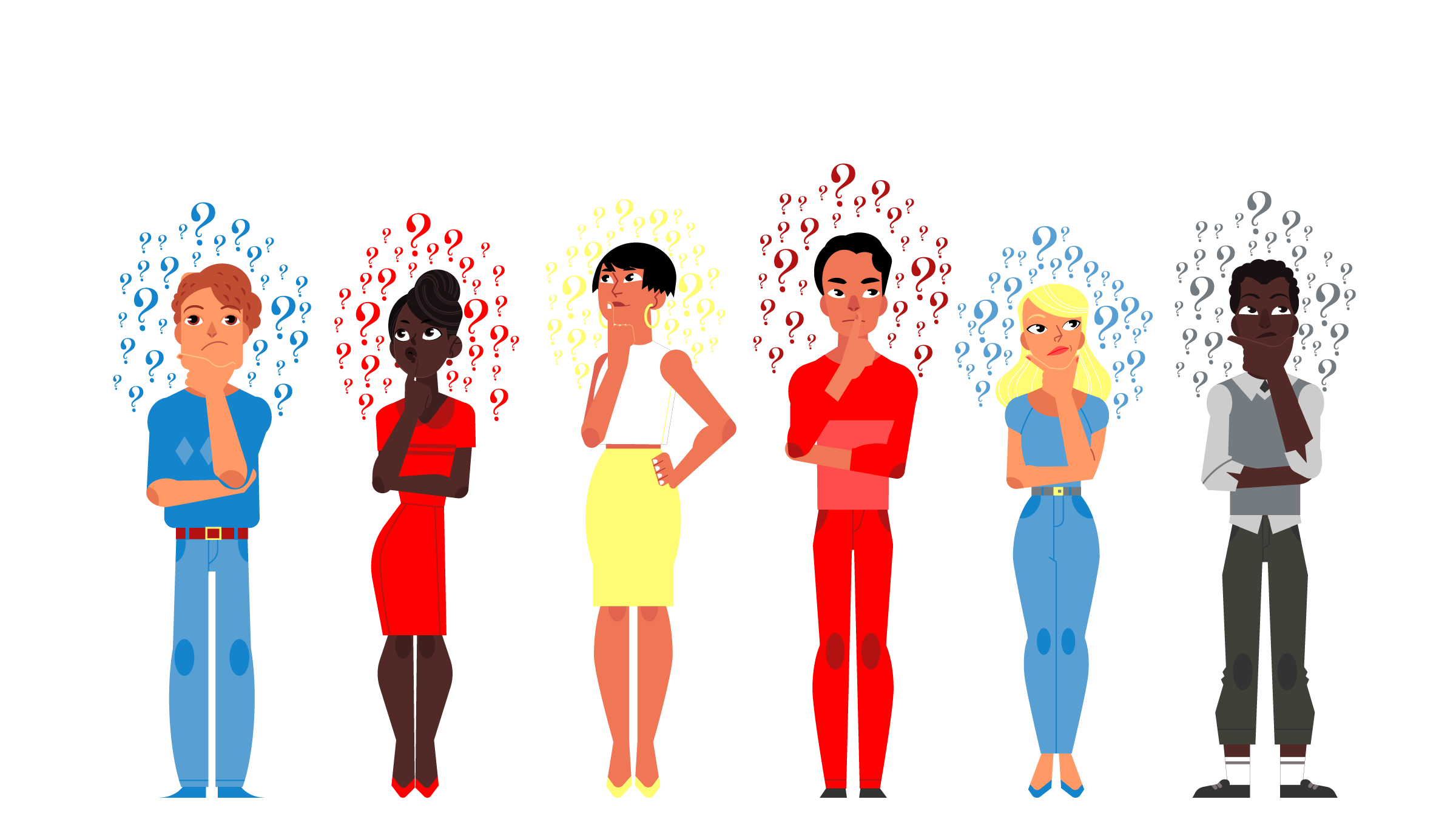Beginning freelance editors are often advised to “niche down.” The advantages of picking and sticking to an editorial niche are promoted in terms of acquiring expertise in a particular area, pursuing subjects that are your passion or plugging into networks of discipline-specific clients. Acknowledged expertise in a particular niche may also enable you to command higher fees.
For sure, some subjects — medical editing, for example — demand some knowledge of the discipline and its specialized jargon. Others — like editing romance or high fantasy — require editors to understand the conventions and tropes of the genres.
Then you have to consider the editing techniques in which we are trained. Some editors have a laser-sharp eye for detail and may choose to niche down on copy editing. Others love to analyze the grand arcs of plot and character and may choose to focus on developmental editing.
Focus? What focus?
But what if you’re interested in a bunch of different subjects and genres? And suppose your hubristic little heart feels you can embrace a variety of editing techniques?
Welcome to my world, a world that might see me reading an article on climate change in Nature one day and Jim Butcher’s Dresden Files series the next. It’s a world in which I’ve edited some wildly divergent materials for an equally diverse clientele.
Indeed, as a fairly new freelancer needing to rack up some editorial wins, I’ve found it necessary to do so.
Generalizing all over the place
After I graduated from Simon Fraser University’s Editing Certificate program in 2021, I started looking for potential clients. However, the demands of my full-time job left little time for self-promotion or building a strong social media presence. Nevertheless, I pursued contracts that came my way through editorial Facebook groups, my entry in the Editors Canada Online Directory of Editors and mystery clients who arrived by no clear route I could identify. I also picked up sporadic work from an editorial agency whose clients were scientists writing in English as an acquired language.
I found myself editing both fiction and nonfiction, and within these broad categories, I copy edited thrillers, performed fact-checking and stylistic editing for a book on unusual animals, did heavy copy edits on social science papers from Taiwan and helped a first-time author prepare a book proposal for a children’s wildflower guide. In between contracts, I did some pro bono work on friends’ short stories.
I completed all of these contracts on deadline, and the clients seemed happy with the results. I even got a couple of testimonials.
So: early editorial wins? Check. Editing diverse materials? Check.
But would I say I had equal editorial expertise in all the materials I edited? Definitely not.
For example, I read lots of mysteries but few thrillers. I devour novels but not so many short stories. And until I helped my client with her wildflower guide, I’d never written a book proposal in my life. However, I was up front with my client about my lack of experience and offered her a lack-of-experience discount. She decided to trust me, we enjoyed a great working relationship, and she now has a publishing deal.
The bottom line and some limits
By saying yes to a wide range of projects, I earned more money and gained more experience than would otherwise have been the case. The money’s obviously nice, but the experiences are priceless. They’re part of the essential seasoning of any editor.
Those experiences also taught me that there are limits as to how wide I want to cast my generalist net. I’ve edited a couple of genetics papers but wouldn’t jump at editing more of them. The jargon is dense and the acronyms and gene names proliferate in ways that I find frankly mystifying. And while I’ll take a stab at editing most fiction genres, I’m not sure I’d tackle romance. I have enough respect for the conventions of the genre to understand that my current editorial toolkit isn’t romance-ready.
Is generalizing for you?
I have a few advantages as a generalist. For a start, I’m old, which means I’ve had time to acquire a broad education, work in several fields and travel widely. I’ve also worked as a professor for the last twenty years, so my generalist tendencies are anchored by depth in my scientific specialty.
If you’re a younger editor, you may not have had time to acquire the breadth of knowledge and experience needed to become a “jack of most trades.” Or maybe you’re a passionate devotee of a particular subgenre or even sub-subgenre — like cozy rural mysteries or gay steampunk fantasy — in which case you’ll probably attract a roster of repeat clients who trust your brand.
On the other hand, the advice to “niche down” isn’t carved in stone. If you have eclectic interests rattling around your brain, and if you like paying attention to sentence-level details as well as taking in the broad sweep of a narrative, you may be a generalist at heart.
In conclusion
Being an editorial generalist seems to have worked out for me so far. This year, however, I hope to attract more clients, finally go live with my website and engage in more self-promotion. Only time will tell whether the strategy that worked at a small scale will continue to serve me as I attempt to expand my business.
___
The Editors’ Weekly is the official blog of Editors Canada. Contact us.
Discover more from The Editors' Weekly
Subscribe to get the latest posts sent to your email.
